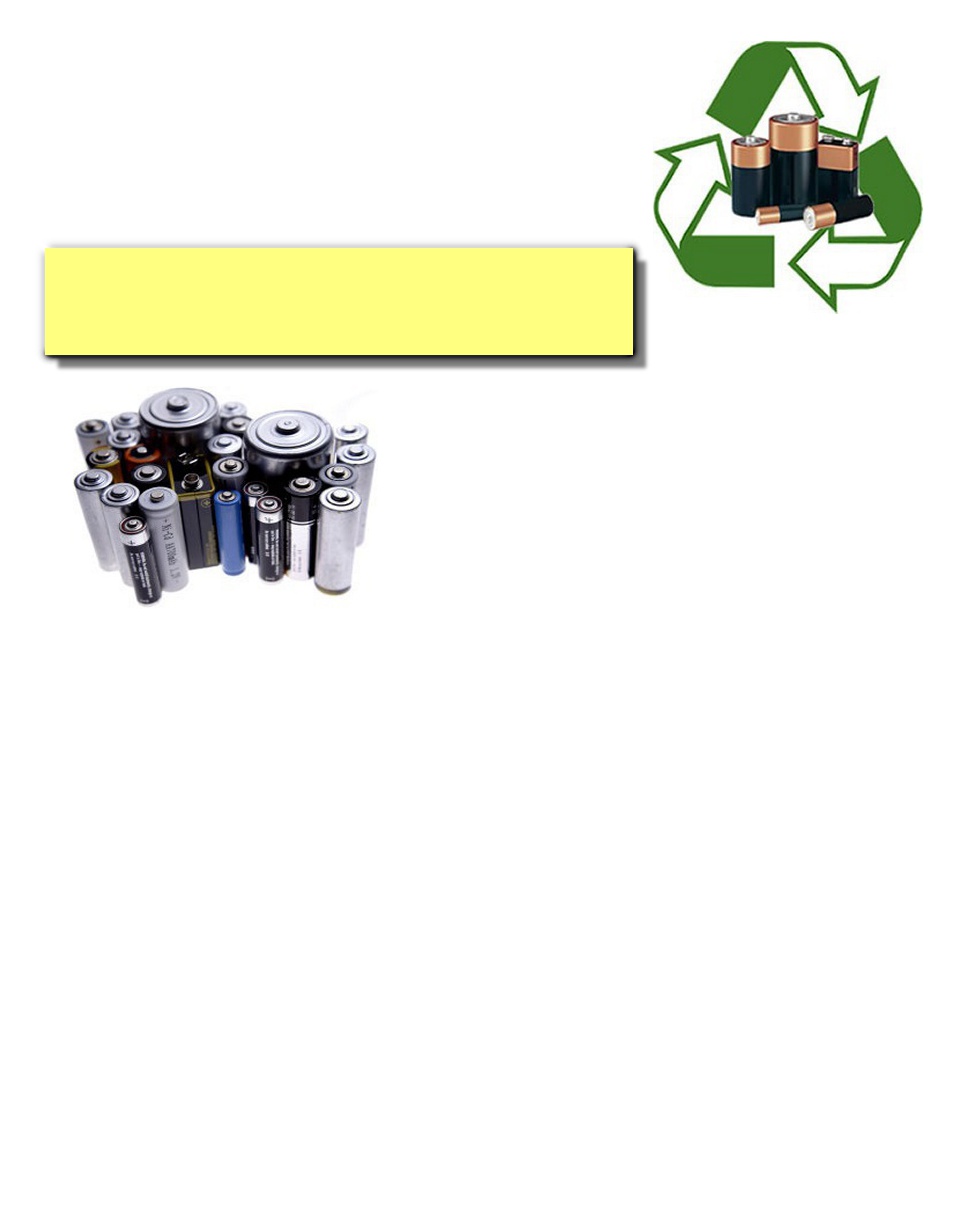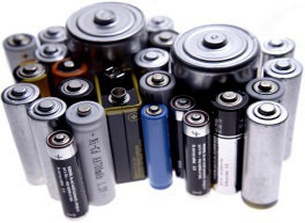|
|






Website Themes by CoffeeCup Software
Hales Corners Environmental Committee
Battery Recycling
Environmental impacts
The materials in dry cell batteries – mercury, lithium, silver cadmium, lead and acids – all have the potential to be hazardous wastes. If batteries are burned or landfilled, the heavy metals in them can be released into the environment.
Metals such as silver, cadmium, nickel and lead that may be hazardous if released into the environment are also valuable metals that can be recovered for reuse.
Preferred handling options: reduce and recycle!
Reduce waste at the source by buying rechargeable batteries whenever possible. When your rechargeable batteries come to the end of their lifespan, they can also be recycled. Alkaline batteries may be put in the trash, but some battery retailers or other recycling locations may accept alkaline batteries for special handling.
The materials in dry cell batteries – mercury, lithium, silver cadmium, lead and acids – all have the potential to be hazardous wastes. If batteries are burned or landfilled, the heavy metals in them can be released into the environment.
Metals such as silver, cadmium, nickel and lead that may be hazardous if released into the environment are also valuable metals that can be recovered for reuse.
Preferred handling options: reduce and recycle!
Reduce waste at the source by buying rechargeable batteries whenever possible. When your rechargeable batteries come to the end of their lifespan, they can also be recycled. Alkaline batteries may be put in the trash, but some battery retailers or other recycling locations may accept alkaline batteries for special handling.
Dry cell batteries are batteries used in many
household items – including power tools,
watches, video cameras, calculators, hand-held
vacuum cleaners, flashlights, toys and hearing
aids. They include alkaline, alkaline
rechargeable, lead acid sealed, lithium, metal
hydride, mercuric oxide, nickel-cadmium, silver
oxide and zinc-air batteries. They include AAA,
AA, C, D, 9v, button, coin and other sizes.
Drop-off your used household batteries at these
two locations:
• Sherper's Inc.- 5750 S 108th St
• Hales Corners Village Hall - 5635 S. New Berlin Road
• Hales Corners Village Hall - 5635 S. New Berlin Road
This is a special effort project sponsored by
the Hales Corners Environmental Committee to
keep used batteries from the landfill.



